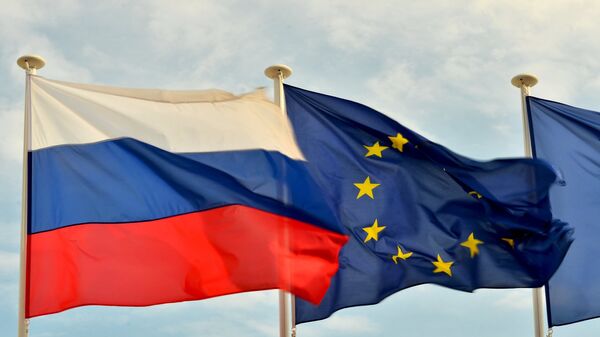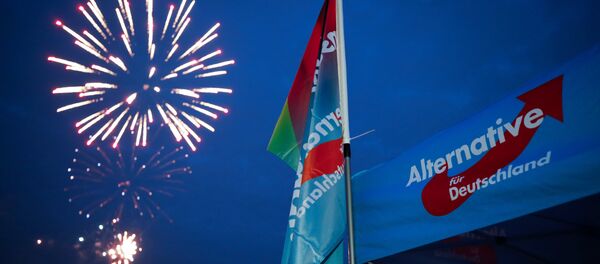Germany should maintain a dialogue with Russia as Moscow plays an important role in ensuring European security, politician and former Bundeswehr Colonel Georg Pazderski said.
"We are obviously in a stalemate at the moment — in a situation where nothing changes. There is no coming closer together, nothing happens. We have to resolve [the situation] and we also have to be aware of the fact that states have no friends. They have interests. And we should be aware of the fact that the French, the Brits, the Americans and the Russians have their interests which is why we, Germans, have to formulate our own: What do we want? What do we want to achieve? And how do we want to do that?" the politician stated.
Pazderski believes that it is fundamentally important for Germany to cooperate with Moscow.
"This does not mean that we must love the Russians. But in any case, we need to work together with them and maintain a reasonable, collegial relationship," the party member said.
"Now, we have an opportunity to express an opinion on these issues. We have clear guidelines in these aspects," the politician said.
Following the September 24 parliamentary election, the AfD entered the Bundestag for the first time gaining 12.6 percent of the vote and now is the third largest party in parliament.
Both the CDU/CSU and the SPD suffered their worst election results since the 1940s, with 33 percent of people voting for the CDU/CSU, 20.5 percent — for the SPD.




